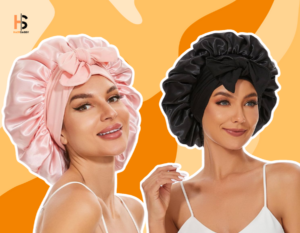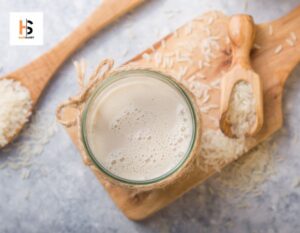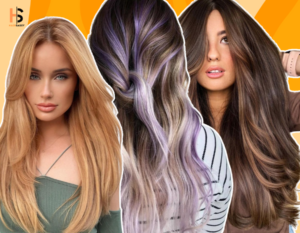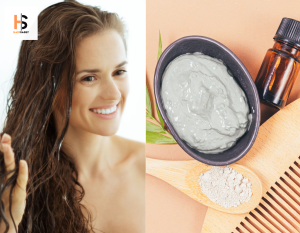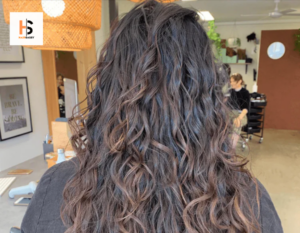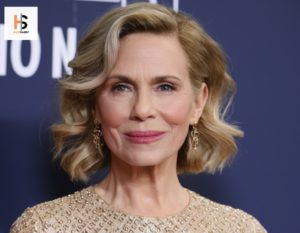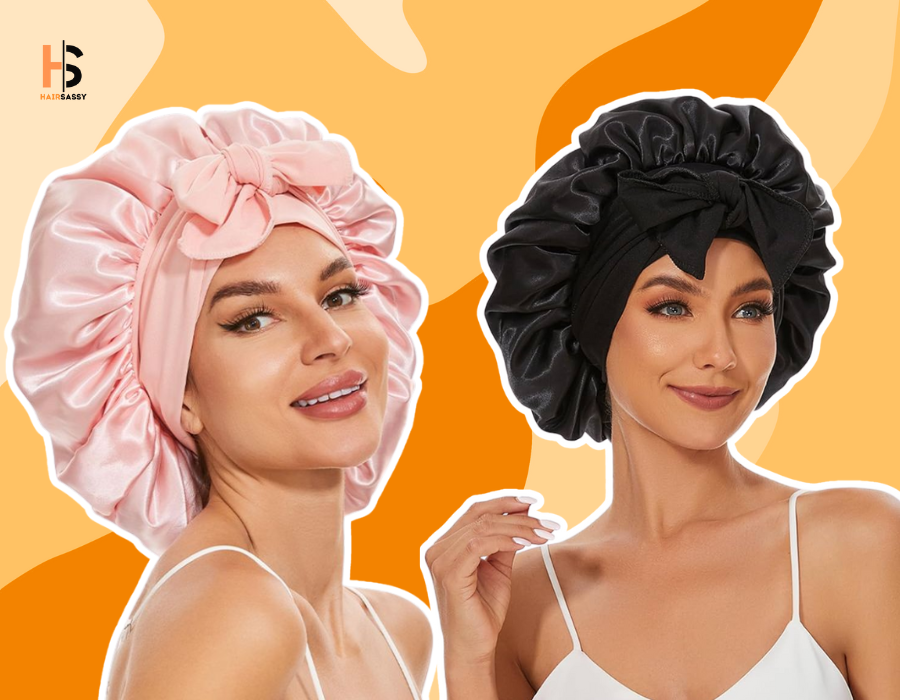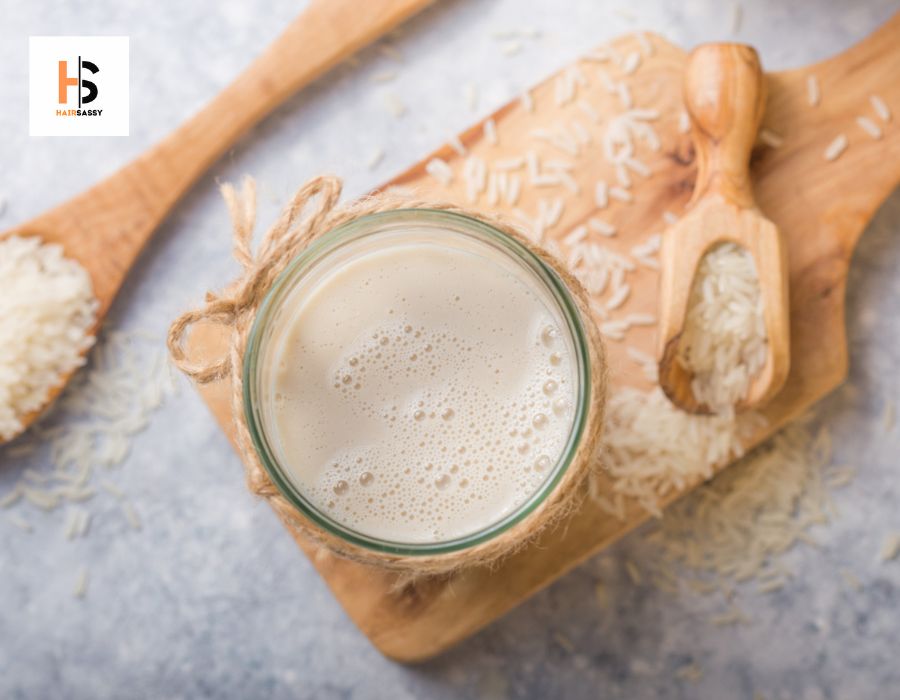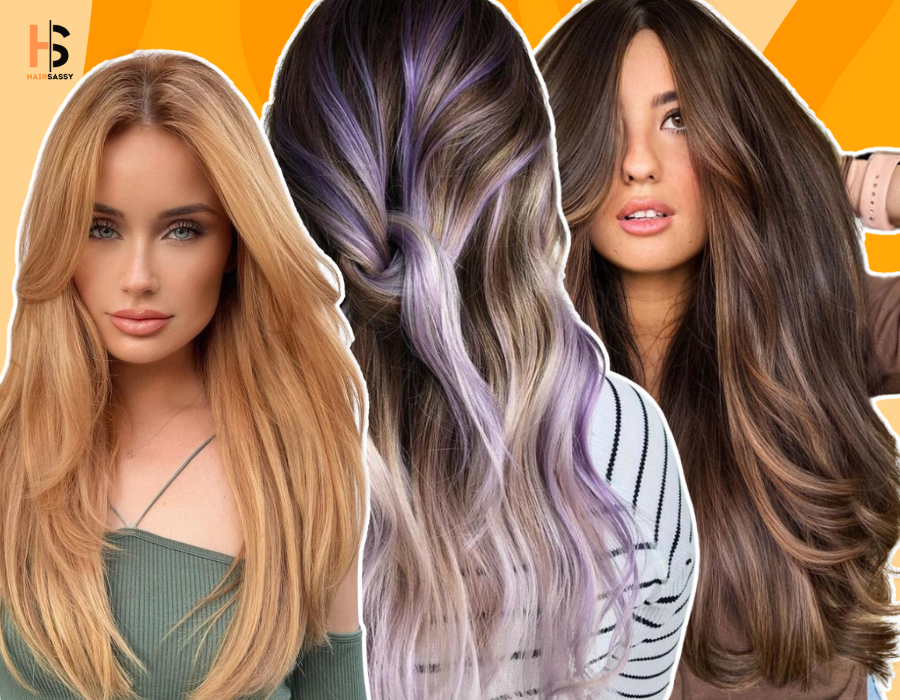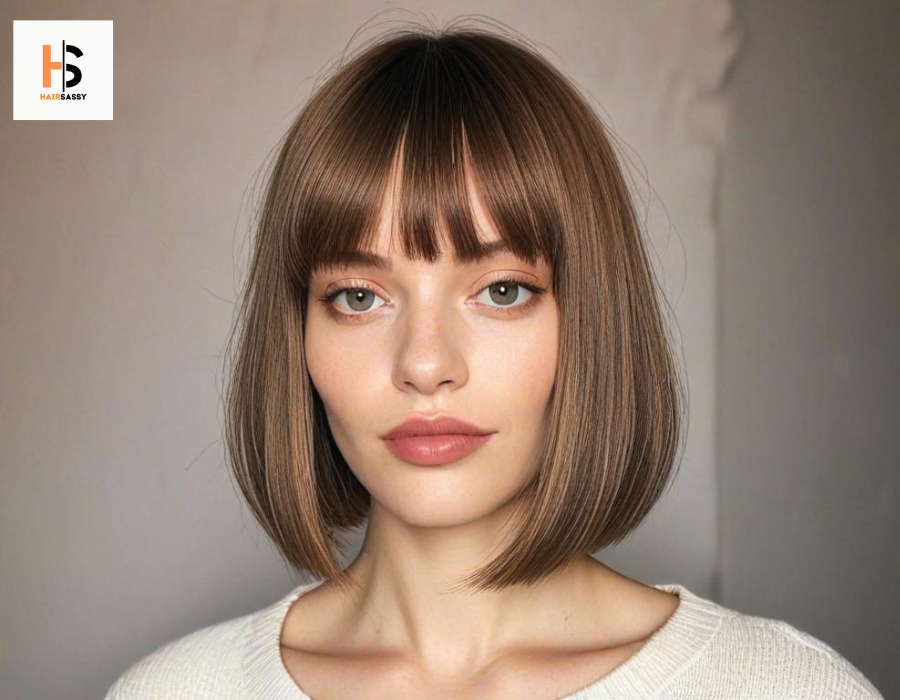Eggs, leafy greens, and fatty fish are three examples of healthy diets that are rich in nutritional content and also happen to be some of the greatest foods for your hair health. These three food groups are also examples of healthy diets that are high in nutritional content. In addition to being examples of the best food, these three items are also components of the daily hair growth diet plan that is rich in vitamins and considered to be the finest. There is a possibility that insufficient vitamin intake will have a deleterious impact on the health of your hair.
What kind of damage can a lack of certain nutrients lead to hair loss?
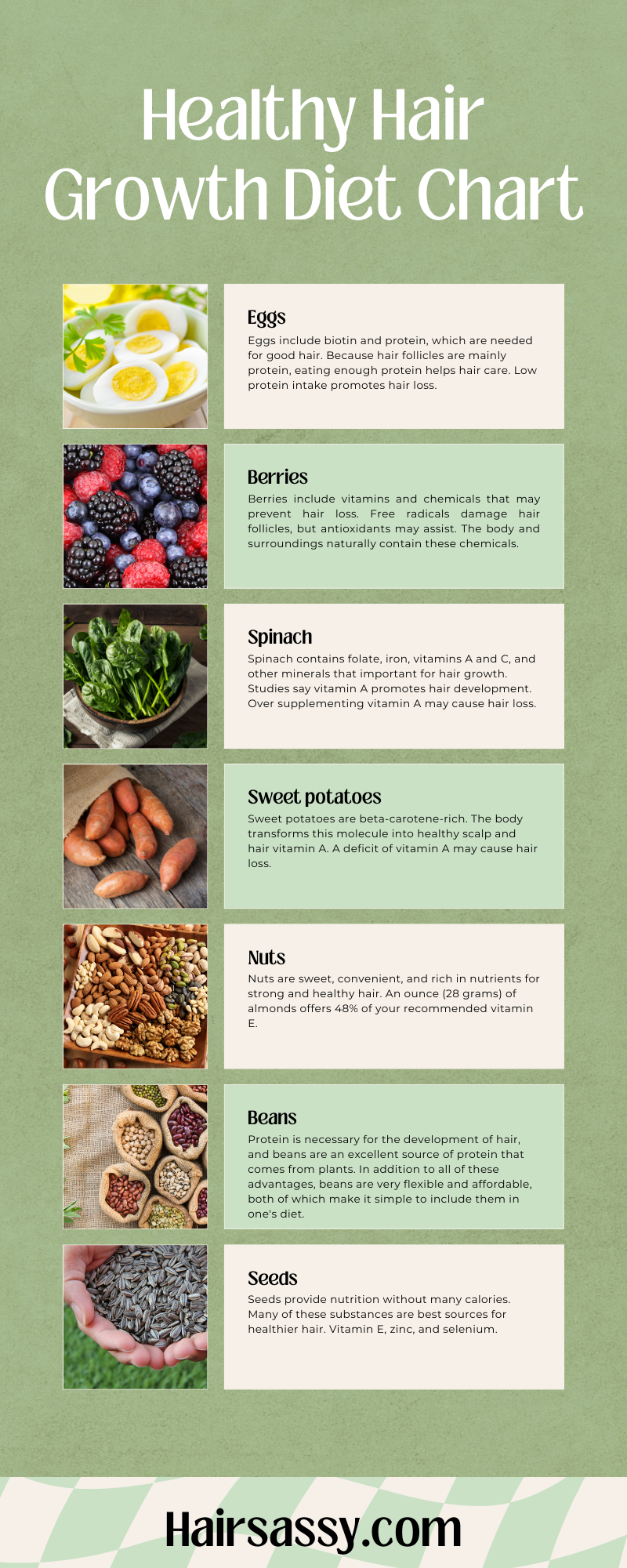
- Many individuals, particularly as they become older, have the desire to have robust and healthy hair.
- On the other hand, the rate at which it develops and the state of its health are both determined by several different variables, such as age, general health, genetics, environmental exposure, drugs, and food.
- Your food is one of the aspects that you probably have greater influence over, even though you can’t alter certain factors like your age or your genetics.
- It has been shown that the protein in your diet play an essential part in the development cycle of hair follicles as well as the turnover of cells
- A diet that is deficient in certain nutrients may cause hair fall if it is consumed regularly.
- According to many studies, deficits in several nutrients, including vitamins B12 and D, biotin, riboflavin, and iron, have been linked to cause of hair loss.
In particular, if you are suffering hair loss as a result of poor nutrition, than add enough protein in your diet, that is both well-balanced and abundant in the vitamins and minerals mentioned above may help encourage hair growth.
Even if further study is required to understand the relationship between micronutrients and hair loss, it is still a good idea to make sure that you consume enough of these listed items to support hair growth.
7 Foods That Are Abundant In Nutrients That Promote Hair Growth Diet Plan
-
Eggs
- Eggs include biotin and protein, which are needed for good hair.
- Because hair follicles are mainly protein, eating enough protein helps hair care. Low protein intake promotes hair loss.
- Biotin pills are sold for hair development since it is needed to make keratin, a hair protein. In biotin-deficient persons, take extra biotin as a diet for hair growth, nourish the hair, according to research.
- Biotin deficits are rare in balanced diets. Little evidence suggests biotin benefits those with few or no health concerns.
- Rich in biotin intake may also affect test findings needed to detect and treat several illnesses.
- Biotin is seldom found in food, however, many hair, skin, and nail development supplements include more than the required daily amount.
- Eggs include zinc, selenium, and other hair-healthy elements. This makes them one of the greatest diet for healthy hair.
-
Berries
- Berries include vitamins and chemicals that may prevent hair loss.
- Vitamin C is antioxidant-rich.
- Free radicals damage hair follicles, but antioxidants may assist. The body and surroundings naturally contain these chemicals.
- One cup (144 grams) of strawberries contains 85 milligrams or 113% of your recommended vitamin C.
- Vitamin C also produces collagen, a protein that strengthens hair and prevents breakage.
- Additionally, vitamin C aids iron absorption from food. Low iron may induce anemia, which can cause hair loss.
-
Spinach
- Spinach contains folate, iron, vitamins A and C, and other minerals that important for hair growth.
- Studies say vitamin A promotes hair development. Over supplementing vitamin A may cause hair loss.
- You should acquire foods rich in vitamin A to help your hair grow.
- Spinach contains 20% of your recommended vitamin A in a cup (30 grams).
- Iron is necessary for hair development, and spinach is a good plant-based supply. Iron helps red blood cells transport oxygen to fuel metabolism, growth, and repair.
- Additionally, iron deficiency can affect hair health.
-
Sweet potatoes
- Sweet potatoes are beta-carotene-rich. The body transforms this molecule into healthy scalp and hair vitamin A.
- A 114-gram medium sweet potato provides 160% of your daily vitamin A requirements in beta carotene.
- Vitamin A affects sebum production, which important for hair growth cycle.
- A deficit of vitamin A may cause hair loss.
- Too much vitamin A may also cause hair loss.
- Eat vitamin-A-rich foods like sweet potatoes and avoid over-supplementation are best foods for hair growth.
-
Nuts
- Nuts are sweet, convenient, and rich in nutrients for strong and healthy hair.
- An ounce (28 grams) of almonds offers 48% of your recommended vitamin E.
- They also include several B vitamins, zinc, and vital fatty acids. Any of these vitamin deficiencies might cause hair loss.
- Some of the health advantages of nuts beyond hair growth include decreased inflammation and heart disease risk.
- So nuts are a great and simple diet addition and essential for hair.
-
Beans
- Protein is necessary for the development of hair, and beans are an excellent source of protein that comes from plants.
- Beans, much like oysters, are an excellent source of the mineral zinc, which plays a role in the cycle of hair development and repair.
- Black beans supply up to 14% of the daily zinc requirements for women and up to 10% of the requirements for men in a serving size of 3.5 ounces (100 grams).
- They also provide a wide variety of other nutrients that are beneficial to improve hair health, such as iron, biotin, and folate.
- In addition to all of these advantages, beans are very flexible and affordable, both of which make it simple to include them in one’s diet.
-
Seeds
- Seeds provide nutrition without many calories. Many of these substances are best sources for healthier hair. Vitamin E, zinc, and selenium.
- An ounce (28 grams) of sunflower seeds contains about 50% of your daily vitamin E and several hair-healthy B vitamins.
- Additionally, flaxseeds and chia seeds contain omega-3 fatty acids.
- Two tablespoons of ground flaxseed provide 4.7 grams of omega-3s. This has more omega-3s than half a salmon fillet (178 grams).
- However, flaxseeds contain an omega-3 fatty acid that the body does not utilize as well as fatty fish. However, including these foods in your diet contribute to hair growth.
- For the most nutrition, eat a variety of seeds.
Some Bonus Tips for Healthy Hair:
- Exercise regularly
- Diet properly.
- Massage your scalp monthly to stimulate hair follicles.
- Get enough sleep to develop hair.
Conclusions:
The quality of diet plays a crucial role for optimal hair quality. It is possible that a deficiency in the appropriate nutrients, such as vitamins A, C, D, and E, zinc, B vitamins, iron, biotin, protein, and healthy fats, may inhibit the development of hair or even lead to its loss. The good news is that if you are deficient in any of these nutrients, treating your condition and increasing the pace at which your hair grows may be possible. Consider eating any of the mentioned things if you’re lacking in any of these nutrients.
FAQs Related Diet Chart for Hair Growth
-
What is the best diet plan for hair growth?
Skin, hair, and nails depend on essential fatty acids, notably omega-3s. These omega-3-rich meals should be eaten daily: Fatty fish like salmon, tuna, and mackerel. Chia seeds, flaxseed oil, canola oil.
-
Does nutrition-rich foods promote hair growth?
Lack of vitamins A, C, D, and E, zinc, B vitamins, iron, biotin, protein, and necessary fatty acids may impede hair development or cause hair loss. Luckily, treating a shortage in any of these nutrients may heal hair loss and boost hair growth.
-
How fast hair grow?
On average, hair grows half an inch every month, or six inches per year. Each head hair comes from a follicle. New hair develops from the follicle bulb.
Related Articles
5 Homemade Deep Conditioning DIY Hair Mask
How To Use Avocado For Hair Growth
How To Perform The Ultimate Hair Growth

